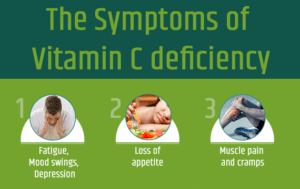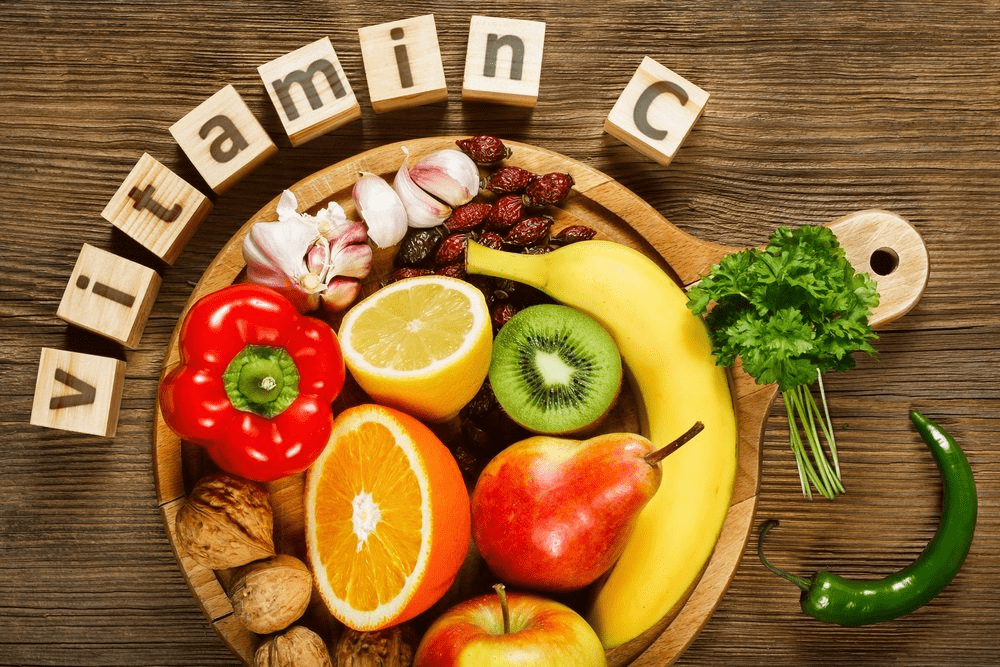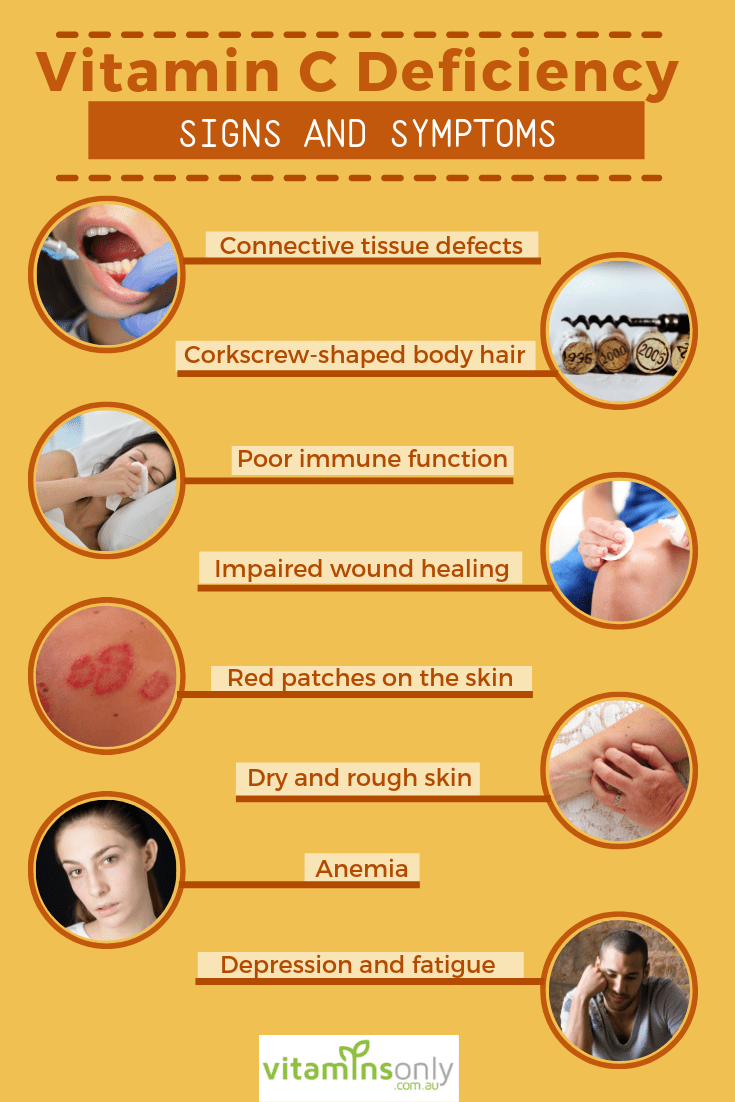
Vitamins play a very important role in growing healthy and strong children. As parents, we need to be aware of the right amount that we should provide to them so that they grow well and remain strong. The right amount of vitamins depends upon the age of the child and how much he/she plays and eats.1
Vitamins are present in the food we eat and the body can produce some of them naturally. A healthy balanced diet consisting of fruits, grains, vegetables, and nuts is an example of getting the right amount of nutrients in the correct proportion. However, a busy schedule of kids with different activities to attend today will make it difficult to manage their daily diets.2 Vitamins for kids are very useful in helping them to get the required nutrients from the right proportion.
The body needs the right amount of essential nutrients to perform all its functions and stay healthy. Some of the vitamins that your little one needs to grow strong and healthy are iron, calcium, vitamin C, folic acid, vitamin B1, vitamin D, and vitamin E. These are just a few of the nutrients in a proper proportion that will build strong bones, teeth, and skin. A combination of all these nutrients is needed for a good healthy lifestyle. Vitamins for kids are indeed important and can help your little one in building a healthy personality with good overall health.
What Is Vitamin C?
Vitamin C has been used for ages as a health supplement and its main function is to keep the body operating at its optimum level. The vitamin C we get from our foods is fat-soluble therefore it is taken into the bloodstream where it acts on all the systems and organs of the body.3 Vitamin C helps to maintain healthy bones and muscles and also helps in the production of collagen. Vitamin C also helps in the formation of new blood vessels and aids in the absorption of iron in the body.4
However, there are certain health problems when people take vitamin c in high doses, for instance, if you were to take a dosage of vitamin c daily of more than 3 years then this would lead to certain health problems like anemia, loss of appetite, diarrhea, liver failure and cancer of the stomach, kidney, and pancreas. Also taking vitamin c in the long term could result in the weakening of the bones. This is because vitamin c has a strong antioxidant effect and thus is very useful in fighting cancer cells.5
The best way to obtain vitamin C is through vitamin c rich foods. Foods rich in vitamin C content include fresh fruits like lemon, oranges, strawberries, papaya, kiwi, grapes, oranges, guava, cantaloupe, pumpkin, and tomatoes. Grains like whole grains, wholemeal bread, barley, quinoa, and oats also contain good amounts of vitamin C. And while you eat out, choose foods that are known to contain a high level of vitamin C such as spicy foods, berries, and oranges.6 These foods will provide you with plenty of vitamin C, but it is highly recommended that you also eat foods that are low in vitamin C and are rich in vitamin C like raw vegetables. These foods are good sources of vitamin C and when combined with vitamin C foods and vitamin C supplements can help you get all that you need to stay healthy.7
What Are the Benefits of Vitamin C for Kids?
Vitamin C is one of the most popular and most well-known vitamins in the world. It is a very powerful antioxidant that can fight against free radicals, which cause major diseases like cancer and heart disease. A well-balanced diet can provide plenty of vitamin C for kids to help maintain a healthy immune system. However, vitamin C can only be absorbed in the food we eat is broken down and mixed with saliva (as is done with juices).8
Vitamin C can be gotten from a variety of foods, including fruit, vegetables, citrus fruits, tinned fish, meats, milk, eggs, strawberries, wine, and even white bread. Vitamin C does not survive in its purest form – it must be paired with amino acids to increase its bioavailability. Foods high in vitamin C include oranges, broccoli, strawberries, oranges, guava, papaya, kiwi, honey, cantaloupe, and spinach. The vitamin is best digested when it is served raw, or after the preparation has been cooked.
There are many reasons to add this wonderful vitamin to your child’s diet. It helps to protect them against colds and flu. It helps prevent tooth decay and strengthens their teeth. It is also believed to lower blood pressure and could help lower cholesterol.
How to Identify Vitamin C Deficiency in Kids
The deficiency of Vitamin C is a very common disease in children all over the world. Vitamin C deficiency can lead to many different problems depending on the kind of vitamin C deficiency they have. Vitamin B deficiency could cause children to have weak hair or brittle nails.9 B12 deficiency may also cause symptoms such as anorexia, delayed growth, weakness, and so on.10 A deficiency of Vitamin D may lead to such things as asthma and rickets in children. Deficiency of Zinc may lead to fatigue, anemia, anogenital diseases, anorexia, and so on.
The most serious vitamin C deficiency in kids is bleeding gums. Children who have bleeding gums are highly at risk of oral cancers in the future. This is because bleeding gums are a precursor to many serious illnesses and diseases. A child with bleeding gums should immediately be checked by a pediatrician for any vitamin C deficiency. Bleeding gums are also one of the early symptoms of vitamin C deficiency in a baby.
Another sign of vitamin C deficiency in kids is soft stools. If your child has frequent constipation and is not producing healthy stools, he may be vitamin C deficient. Another symptom of vitamin C deficiency is low resistance to infection. Deficiencies of this vitamin can lead to weak bones, poor growth, poor digestion, and an overall weakened immune system.
Recognizing Symptoms of a Vitamin C Deficiency in Kids
Vitamin C deficiency in children can be very severe. Symptoms include a small, itchy rash in the corner of the mouth and crusted red spots on the elbows and knees. Skin and eye irritation is another symptom associated with vitamin C deficiency. Other symptoms of a vitamin C deficiency in kids include a weak immune system and difficulty breathing. If you suspect your child may have a vitamin C deficiency consult your pediatrician as soon as possible. Vitamin C deficiency in kids is more prevalent in those who were born during the winter months. However, it can occur at any time and it is actually rare for babies to be born with deficiency symptoms.11
Symptoms of a Vitamin C deficiency include a loss of appetite along with weight gain. Some symptoms of Vitamin C deficiency in Kids symptoms include lethargy and weakness. Another symptom is that your child’s skin and eyes begin to thicken. Some symptoms of Vitamin C deficiency in kids include frequent ear infections and infection of the tonsils and adenoids.
When it comes to treating a Vitamin C deficiency in kids, the only true way to ensure your child’s safety is by ensuring they are getting the proper amount of vitamins every day. It is important to make sure your baby receives enough Vitamin C every day. One easy way to ensure your child gets the proper amount of vitamins every day is to add foods that contain Vitamin C to his or her diet. Foods such as oranges, strawberries, cauliflower, spinach, and sweet potatoes are good sources of vitamin C.12
Be sure to also give your child lots of water. Water is great for flushing toxins out of the body and for hydrating the skin and teeth. Also, keep in mind that it is always best to introduce new foods slowly to children as some may have a sensitivity to certain types of foods. Introduce new foods once they have become accustomed to them slowly to ensure proper vitamin supplementation.13
Once you have noticed any symptoms of a vitamin C deficiency in kids, take action immediately. Consult your pediatrician or family doctor for help. Do not wait to see if the deficiency will correct itself or grow worse. Remember Vitamin C is essential in many aspects of health. Deficiencies are not only inconvenient, but they can also be very dangerous. Therefore, it is important to ensure your child gets enough Vitamin C to ensure optimal health.
Image Credits
VinID / 2021
UNILab / 2021
Healthonics / April 27, 2018
Pinterest / 2021
1 “Vitamins and Minerals – HelpGuide.org.” https://www.helpguide.org/harvard/vitamins-and-minerals.htm Accessed 17 Aug. 2021.
2 “Why are Vitamins Important? | Centrum.” https://www.centrum.com/learn/why-are-vitamins-important/ Accessed 17 Aug. 2021.
3 “Vitamin C – Mayo Clinic.” https://www.mayoclinic.org/drugs-supplements-vitamin-c/art-20363932 Accessed 17 Aug. 2021.
4 “Vitamin C – Health Professional Fact Sheet – Office of Dietary ….” 26 Mar. 2021, https://ods.od.nih.gov/facts
heets/VitaminC-HealthProfessional/ Accessed 17 Aug. 2021.
5 “Vitamin C – Consumer – Office of Dietary Supplements – NIH.” 22 Mar. 2021, https://ods.od.nih.gov/factsheets/VitaminC-Consumer/ Accessed 17 Aug. 2021.
6 “Vitamin C: Why we need it, sources, and how much is too much.” https://www.medicalnewstoday.com/articles/219352 Accessed 17 Aug. 2021.
7 ““Vitamin C: Vitamins and Minerals”. – NHS.” https://www.nhs.uk/conditions/vitamins-and-minerals/vitamin-c/ Accessed 17 Aug. 2021.
8 “The Benefits of Vitamin C: Why Your Child Needs It – Cleveland ….” 24 Aug. 2020, https://health.clevelandclinic.org/the-benefits-of-vitamin-c-why-your-child-needs-it/ Accessed 17 Aug. 2021.
9 “Signs You’re Low on Vitamin C – WebMD.” 20 Dec. 2020, https://www.webmd.com/vitamins-and-supplements/ss/slideshow-vitamin-c-deficiency Accessed 17 Aug. 2021.
10 “Vitamin deficiency anemia – Symptoms and causes – Mayo Clinic.” 10 Dec. 2019, https://www.mayoclinic.org/diseases-conditions/vitamin-deficiency-anemia/symptoms-causes/syc-20355025 Accessed 17 Aug. 2021.
11 “The Benefits of Vitamin C: Why Your Child Needs It – Cleveland ….” 24 Aug. 2020, https://health.clevelandclinic.org/the-benefits-of-vitamin-c-why-your-child-needs-it/ Accessed 17 Aug. 2021.
12 “Foods With Vitamin C Besides Oranges – WebMD.” 8 Oct. 2020, https://www.webmd.com/food-recipes/ss/slideshow-vitamin-c-sources Accessed 17 Aug. 2021.
13 “Choose Water for Healthy Hydration – HealthyChildren.org.” 27 Jan. 2020, https://www.healthychildren.org/English/healthy-living/nutrition/Pages/Choose-Water-for-Healthy-Hydration.aspx Accessed 17 Aug. 2021.




